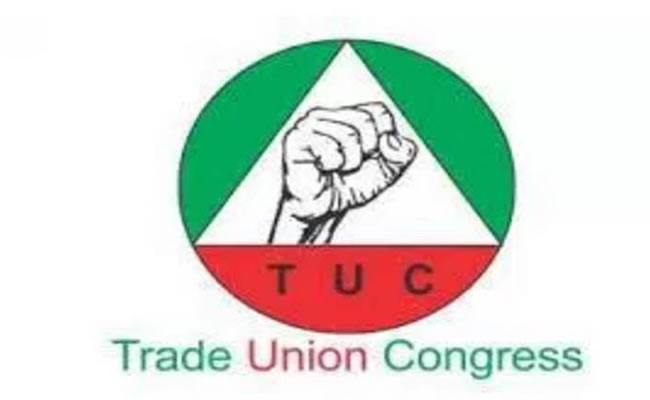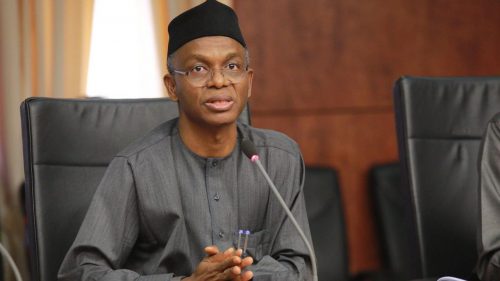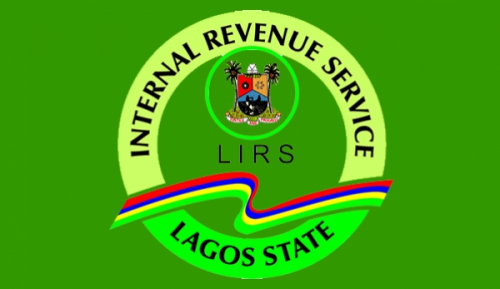TUC, CSO tackle government over unemployment rate

By Ukpono Ukpong
Trade Union Congress (TUC), the Civil Society Organisations (CSO) and concerned Nigerians have hit hard on the Federal Government following the recently released report by the National Bureau of Statistics (NBS) showing that 27.1 per cent of able-bodied and willing-to-work Nigerians were unemployed as at the second quarter of 2020.
TUC President Comrade Quadri Olaleye, in a chat with Daily Times, said what has befallen the country is a result of lack of planning on the part of the government at all levels.
READ ALSO: TUC condemns independent probe of AfDB president, Adesina
He said that despite the enormous natural resources bequeathed in Nigeria and Africa as a whole, poverty has continued to wreck the economy of the region.
However, Olaleye called on the FG to, as a matter of urgency, fix the refineries, stop individuals from mining the mineral resources, encourage local content, discourage the influx of expatriates, stop smuggling, build recycling plants, infrastructure, and fix power as part of measures to permanently address the issue of unemployment in the country, Daily Times gathered.
“The Congress is not surprised at all. Job creation is not rocket science. ‘When you fail to plan you have equally planned to fail’ is an axiom that has stood the test of time.”
“Nature has bequeathed both human and natural resources to Nigeria, nay Africa, yet we are the poorest on the face of the earth.
“The number one asset that we have is our population which speculatively is between 190 to 200 million. If we were a producing country there will be more jobs and many Nigerians will be out of the street and crime rate will also reduce.
“For instance, Dunlop and Michelin were leading the tyre producing companies in Nigeria until power and smuggling forced them to leave yet their products are in our market.
“Nairametrics report as at Q 2018 stated that about 11.8 million licensed vehicles were on Nigeria’s roads compared to 11.6 million of 2017. By now we should be talking about 13.0 million vehicles.
“My point is, if 50% of the tyres used by the vehicles are produced in Nigeria that would have given direct jobs to thousands and created also indirect jobs in millions. This is just one example. Two, imagine if 50% of the clothes used by Nigerians are produced by our textiles.
“Government must as a matter of urgency fix the refineries, stop individuals from mining our mineral resources, encourage Local Content, discourage influx of expatriates, stop smuggling, build recycling plants, infrastructure, fix power, sign MOU with automobile companies to assemble their vehicles in Nigeria, patronize Innoson Motors like the TUC has done.
“To be frank, the revival of five critical sectors of the nation’s economy is enough to reduce the unemployment rate drastically. The aspect of interest rate should also be looked into.
“Government must deliberately and sincerely martial out plans cum palliatives to encourage the informal sector of the economy.
“Similarly, I want to appeal to wealthy Nigerians to invest here in the country. Charity they say begins at home. Additionally, the government should give relief to organisations so they can remain afloat. Canada, Germany are doing it in a more transparent manner.
“The monies recovered should be re-invested and not re-looted. We must get serious else, many youths will take to crime and deny everyone sleep.”
Similarly, the Convener of Concerned Nigeria group, Deji Adeyanju, said that the unemployment rate will continue to be high until the government does the needful by bringing onboard professionals to run the economy.
“The figure might not be the perfect depiction of the reality on ground, but it tells the story of what is currently going on.
“This is a government that went to the market and were busy sharing money and on the streets as a means of employment and job creation or empowerment as they called it.
“This is a government that allegedly shared or re-looted Abacha’s loot without trace or accountability. This is a government that under the pandemic claimed to have shared billions of naira without record or evidence.
“You can understand why everything seems to be going wrong under the government because the government does not have a clear-cut plan or agenda for tackling the unemployment problem in the country. Government is just busy chasing shadows, and that’s why the situation is extremely bad.
“Again you can also see the indices that will lead to unemployment. The Naira is very weak and you can see that unimaginable is happening, a situation where almost everything about us is import driven economy so if the prices of goods is going up businesses will shutdown because the purchasing power of the citizens is very low and so, people cannot afford things that are in shops, which means that shop owners will be closed.
“The economy is not being run by experts, the economy is being run by the ‘Hallelujah boys’; that’s why things are going worse. These things have an effect on employment; that’s why many people are out of jobs.
“Recall, the NBS on Friday released a report showing that 27.1 per cent of able-bodied and willing-to-work Nigerians were unemployed as at second quarter of 2020 as against 23.1 per cent as was published in the Q3 of 2018.
“In its ‘Labour Force Statistics: Unemployment and Underemployment Report’ released on Friday morning, the agency also said underemployment increased from 20.1 per cent in Q3 2018 to 28.6 per cent in Q2 2020.
“For the period under review, Q2 2020, the unemployment rate among young people (15-34 years) was 34.9 per cent, up from 29.7 per cent, while the rate of underemployment for the same age group rose to 28.2 per cent from 25.7 per cent in Q3 2018.
“The NBS said the number of persons in the economically active or working-age population (15 – 64 years of age) increased to 116,871,186 from 115,492,969 in Q3 2018.
“The number of persons in the labour force (i.e. people within ages 15 -64, who are able and willing to work) was estimated to be 80,291,894. This was 11.3 per cent less than the number of persons in Q3 2018.
“Of this number, those within the age bracket of 25-34 were highest, with 23,328,460 or 29.1 per cent of the labour force.”
“The statistics office said the total number of people in employment in Q2 2020 fell by 15.8 per cent 58,527,276, compared to Q3 2018.
“Of this number, 35,585,274 were full-time employed (i.e. worked 40+ hours per week), while 22,942,003 were underemployed (i.e. working between 20-29 hours per week),” it added.
READ ALSO: TUC condemns independent probe of AfDB president, Adesina
Based on a state-by-state analysis, the report noted that Imo State reported the highest rate of unemployment with 48.7 per cent, followed by Akwa-Ibom State and Rivers State with 45.2 per cent and 43.7 per cent respectively.
Anambra recorded the lowest rate of unemployment at 13.1 per cent.
“For underemployment, the state which recorded the highest rate was Zamfara with 43.7 per cent, while Anambra State recorded the lowest underemployment rate, with 17 per cent in Q2 2020.
“A total number of 2,736,076 did not do any work in the last seven days preceding the survey due to the lockdown but had secure jobs to return to after the lockdown.”










